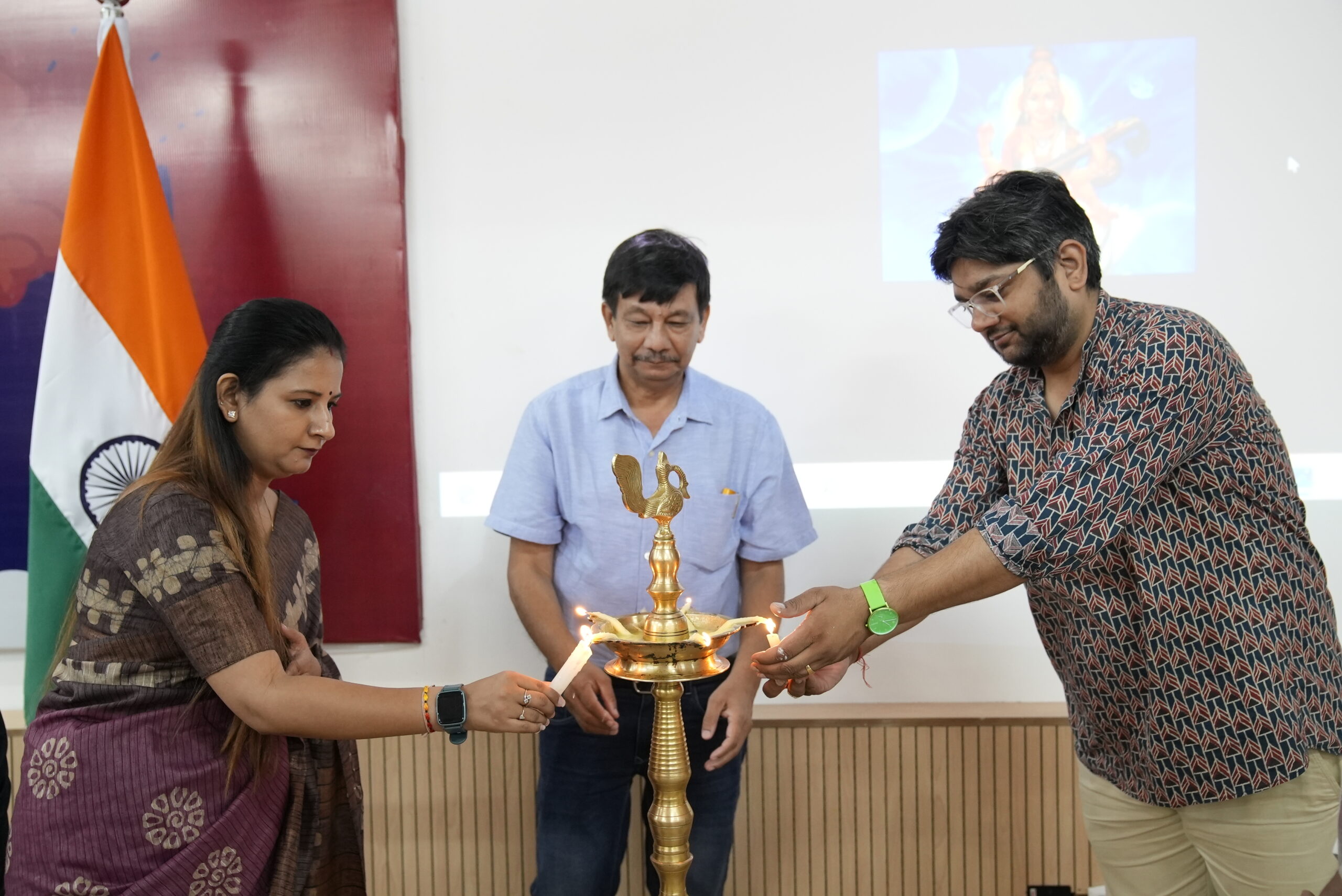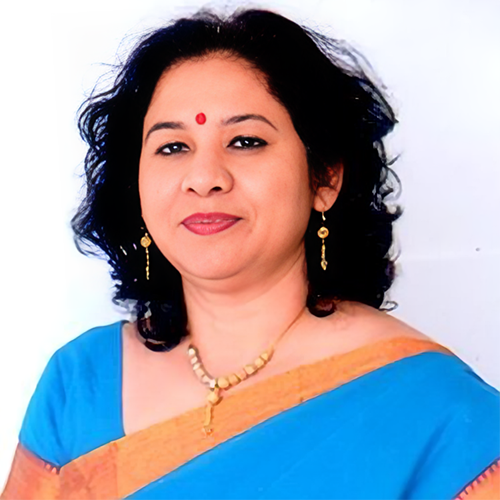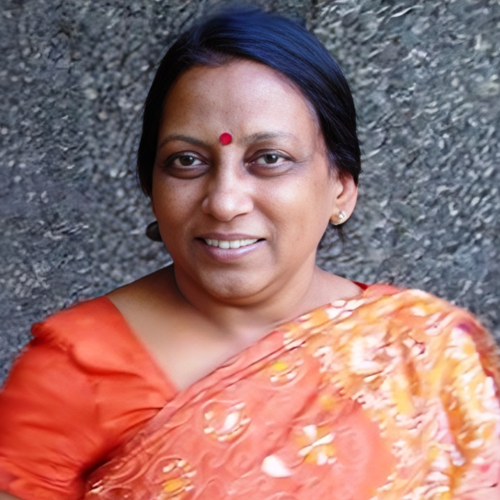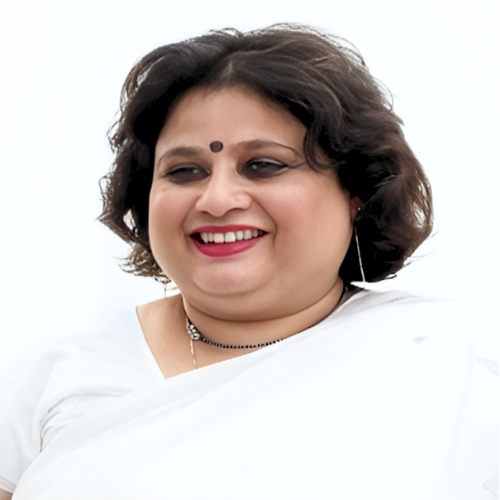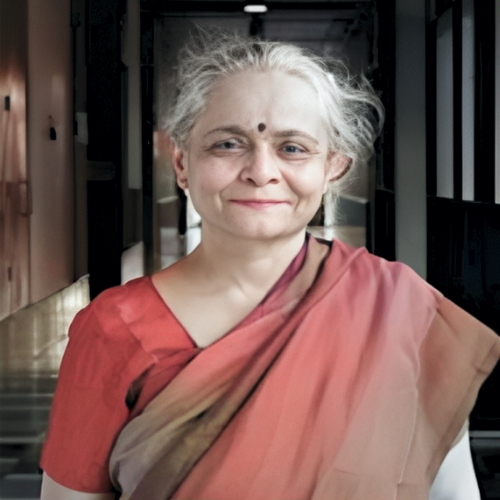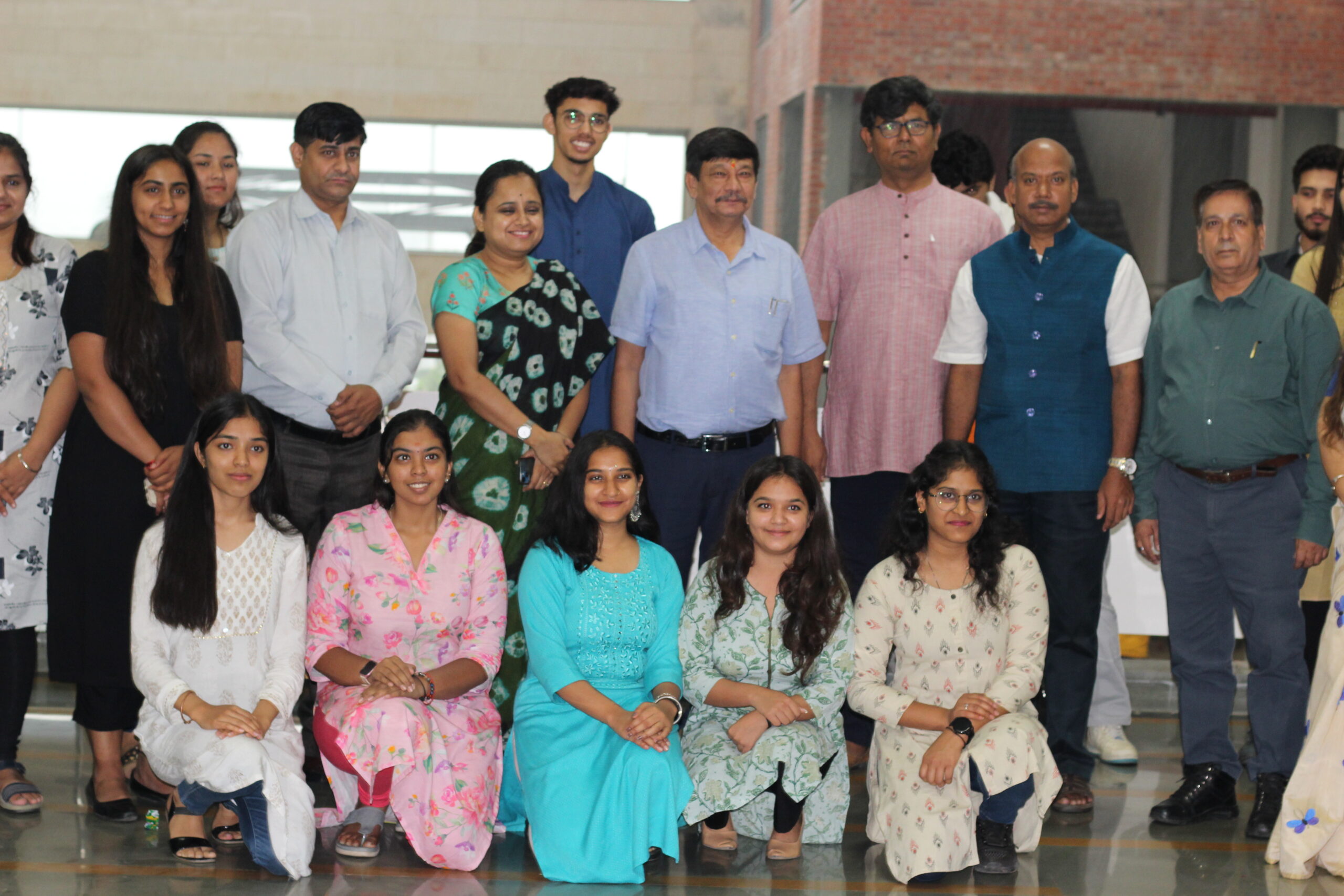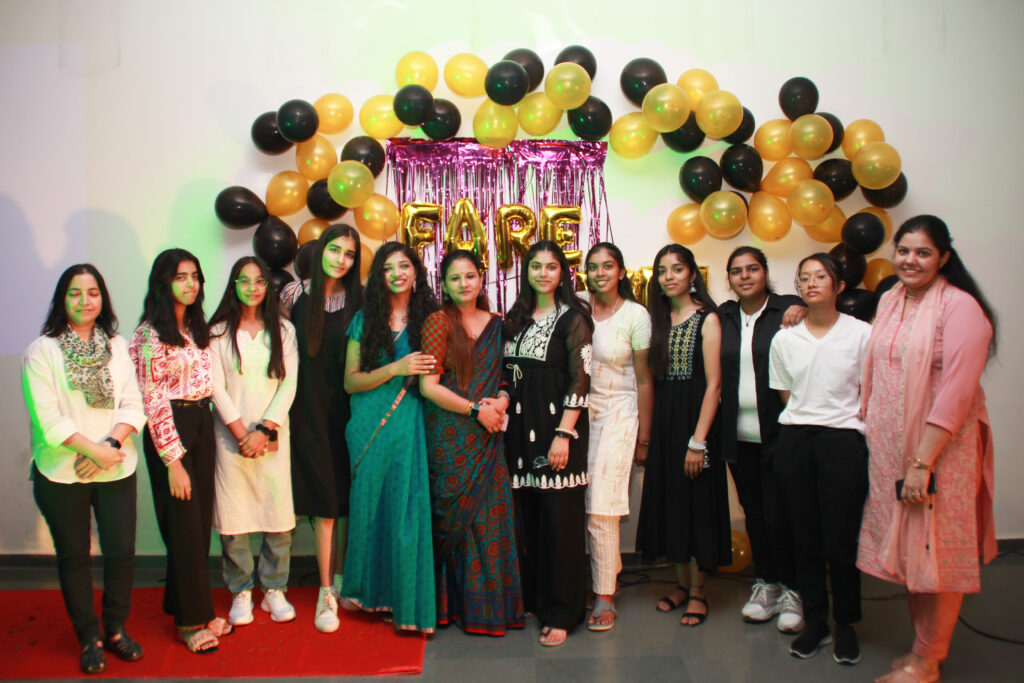Rishihood University offers a comprehensive four-year Bachelor of Psychology Honors program for students who wish to pursue a career in Psychology, ensuring a well-rounded and holistic education. Our B.Sc in Psychology program is designed to provide students with a strong foundation in this fascinating field.
The B.Sc. (Hons.) Psychology syllabus at Rishihood University includes various subjects such as Indian Psychology, Bio Psychology, Cognitive Psychology, and more. The curriculum is structured to encompass the core principles, theories, and practical applications of psychology.
Our B.Sc. (Hons.) in Psychology program offers an advanced and specialized curriculum for those seeking a deeper dive into the subject. With a focus on honing critical thinking, research, and analytical skills, students can explore the intricacies of human behavior and mental processes in greater detail.
At Rishihood University, we believe in nurturing well-rounded individuals who are academically competent and socially responsible. Join our B.Sc in Psychology Honours program to embark on a journey of personal growth and intellectual exploration. Explore the intricacies of the human mind and behavior while developing the skills needed to make a meaningful impact in the world with one of the best B.Sc in Psychology courses offered by Rishihood University.





